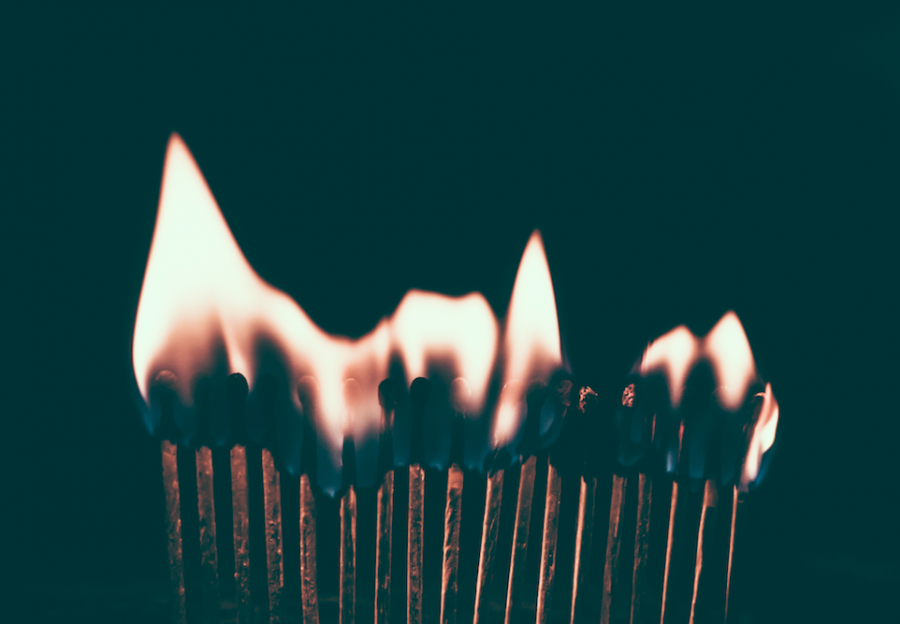A Refresher: Fire Safety
March 14, 2017
Home fires can be incredibly dangerous and it’s important to know how to prevent fires from breaking out and, in the event of a fire, to know how to safely escape a burning building. Here are some of the most important things to keep in mind when thinking about proper fire safety:
Preventing Fires:
-
Make sure power cords are being safely used. Check to make sure your cords aren’t frayed or broken in any way and never run a cord underneath a rug or blanket. Broken cords can lead to sparks and fires.
-
Don’t overload your outlets or power strips, especially in old houses or buildings, and never plug a power strip into another powerstrip or extension cord. Too many appliances or cords plugged into one outlet can overload it and cause fire.
-
Replace any appliances or outlets that spark, smell unusual or overheat. If anything seems off check it out, stop using the outlet and call an electrician. It’s better to be safe than to accidentally start a fire while you’re making a cup of coffee.
-
Be careful with space heaters, they are notorious for starting fires. It gets cold in the winter, but if you’re going to use a portable heater make sure you follow instructions, keep it three feet from anything flammable, including beds or blankets, and don’t put them anywhere where they might be knocked over.
-
Be extra careful with cooking, most house fires originate in the kitchen. Watch out for flammable objects in burners or pans of oil that could potentially catch fire.
-
Remember to change your smoke alarm batteries! A good trick to remember is to change them when you change the clocks, once in the spring and once in the fall.
-
You should have at least one functioning smoke alarm on every floor. If you don’t you, can install one yourself or call your landlord.
- Make sure you have a fire extinguisher, you can’t just run to the store when you need it. Remember, fire extinguishers expire so even if you have one it’s a good idea to check to make sure it’s still functional.
Safely Escaping a Fire:
-
Know at least two ways out of each room. Make sure your windows open and doors open and use foldable ladders in upstairs rooms in case the stairs are unsafe.
-
Practice escaping from your house during the day and the night. Practicing your fire plan will make it much more likely that you will be able to get out of your home safely.
-
When escaping a fire close doors behind you, a closed door can slow the spread of smoke, heat and flames.
-
Never go back inside a house once you have escaped. Once you are safely outside call 911 immediately and let the firefighters do their job.
- Crouch or crawl under smoke when exiting a burning building. Smoke inhalation is incredibly dangerous so try to breathe in as little smoke as possible.
First Aid for Burns:
-
First remove all clothing or other debris from the burned area.
-
Apply cool water to the burn. Do not apply ice or water that is too cold.
-
Do not put butter or any ointment on the burn, this could make it worse.
-
After applying cool water lightly apply a gauze bandage to the burned area.
-
If the burn is painful take acetaminophen or aspirin.
- If the burn is severe call 911 immediately for professional medical care.
Sources:
Photography by Jamie Street (via unsplash.com)






